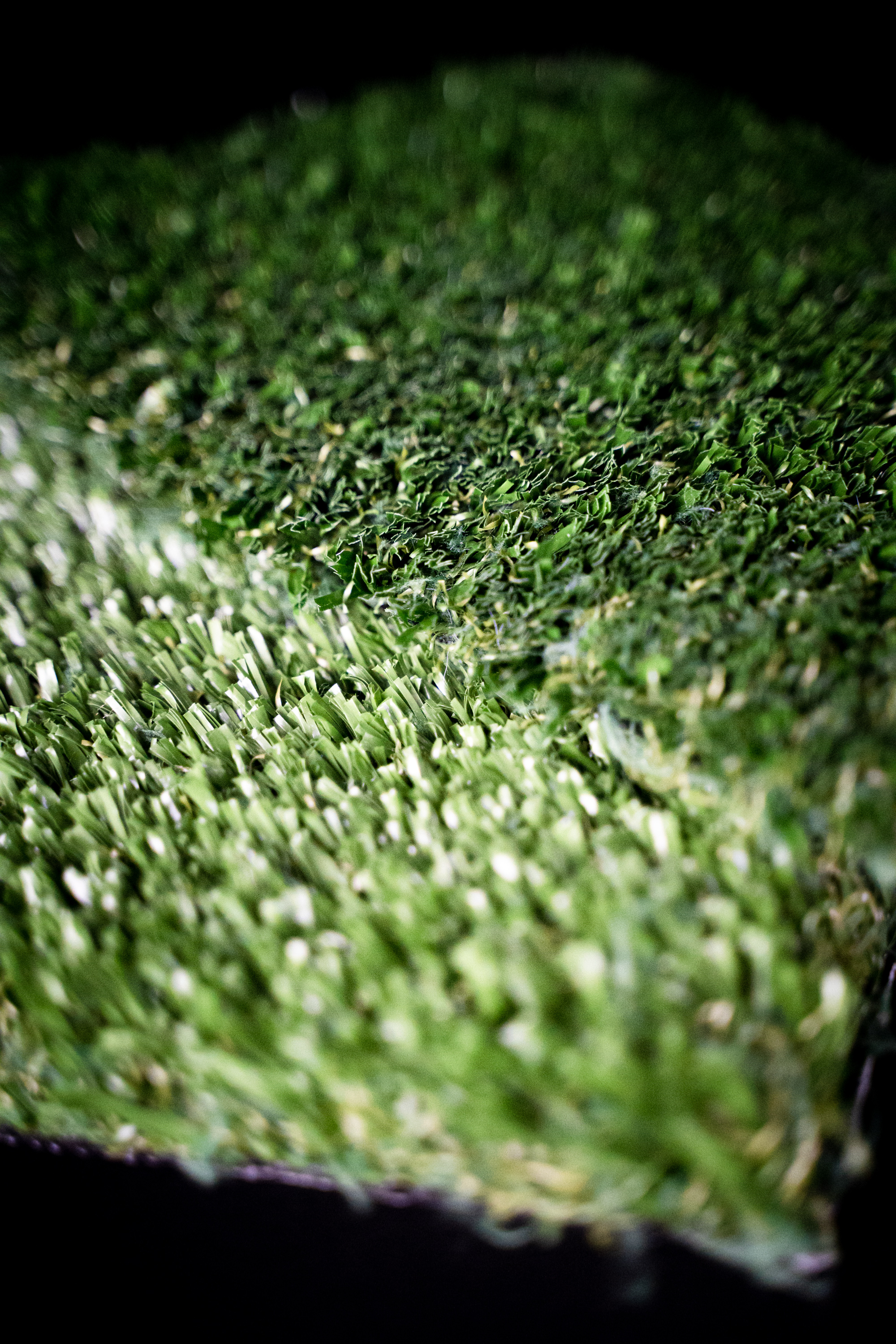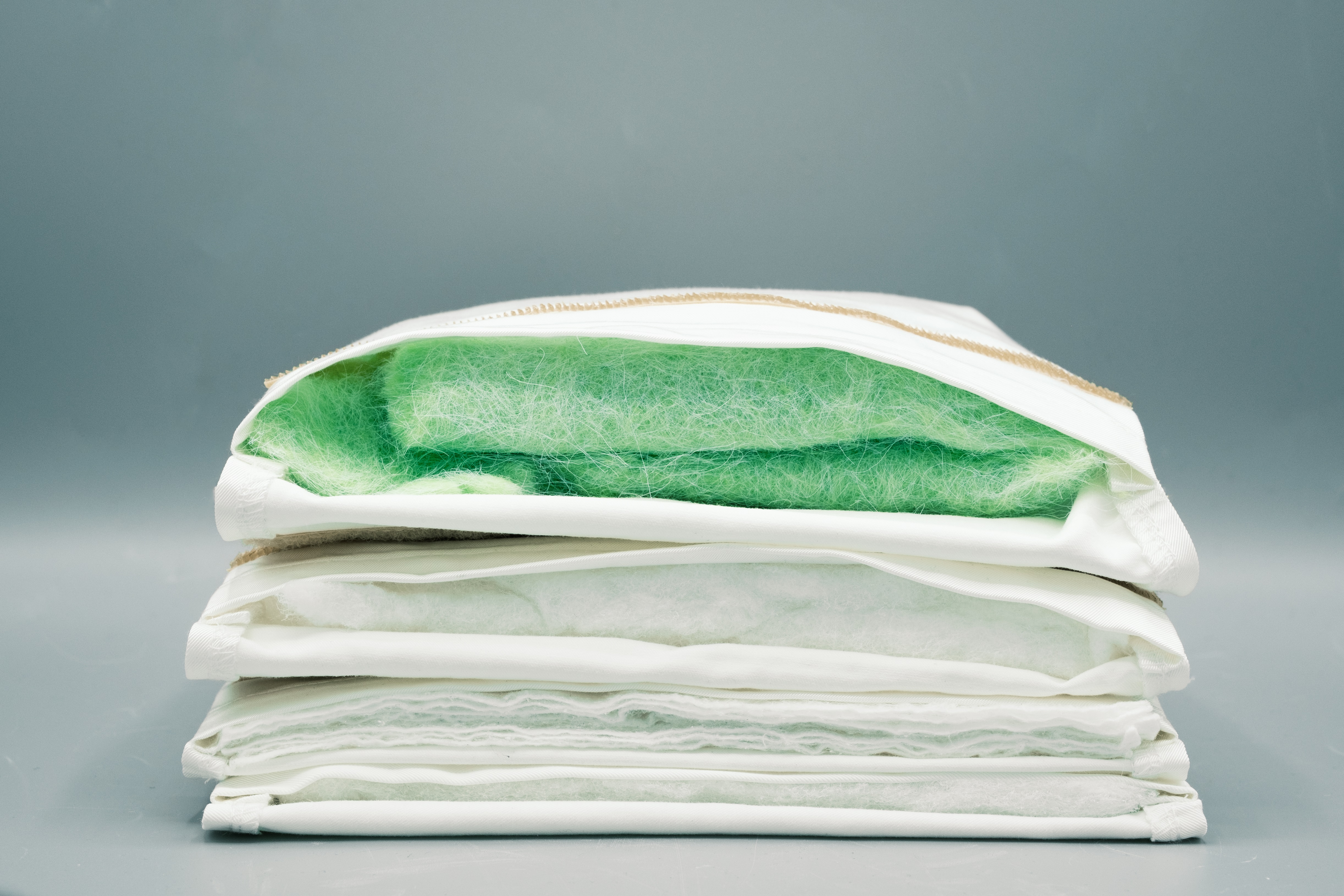The exhibitors & products at Techtextil 2026 will be available here from mid-January 2026.
CO2TEX - Lifestyle compression stocking with TPU yarns that contain CO2, among other things

CO2TEX - Lifestyle compression stocking with TPU yarns that contain CO2, among other things
Description
Elasticity is the ability of a textile to stretch or recover when required. This has a direct effect on functionality. Currently, elasticity in textiles is almost exclusively provided by so-called "elastanes".
Elastanes are elastic filament yarns that are usually made from fossil-based elastomeric polyurethanes. The estimated production volume is around 1.22 million tonnes per year. The elastomeric character requires the use of dry spinning technologies for yarn production, which leads to challenges such as low production speeds and therefore comparatively expensive yarns.
In addition, potentially hazardous and environmentally harmful solvents must be used - an appropriate occupational safety concept is therefore essential. At the end of the product life cycle, dry-spun elastanes impair recycling because the individual components of the textile cannot be separated with technically and economically justifiable effort. These challenges can be solved by using elastic, bio-based or CO2-containing TPU filament yarns.
In the CO2Tex project, TPU yarns were developed on industrial melt spinning systems using polymers with a renewable content of up to 18 per cent by weight. With elongations of up to 600 per cent, diverse and innovative applications can be developed, such as the lifestyle compression stocking exhibited here.



